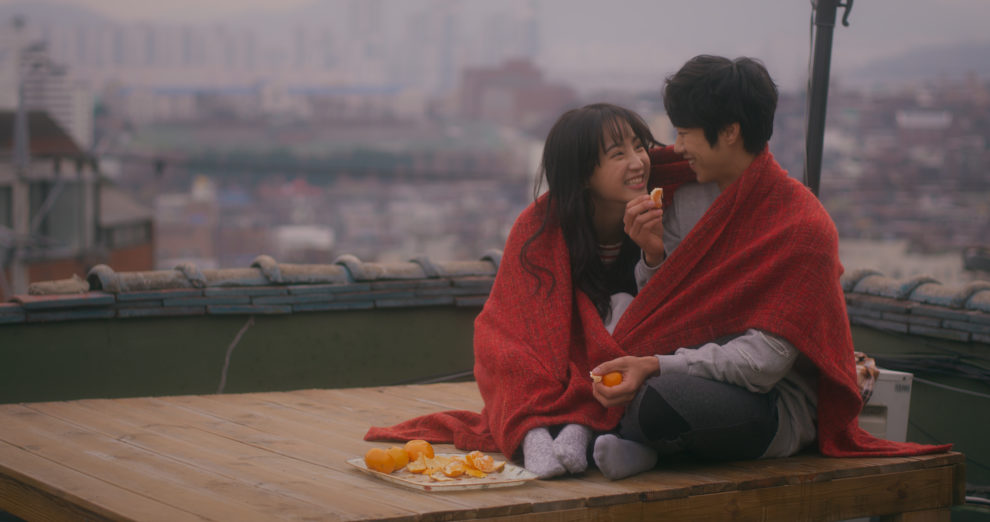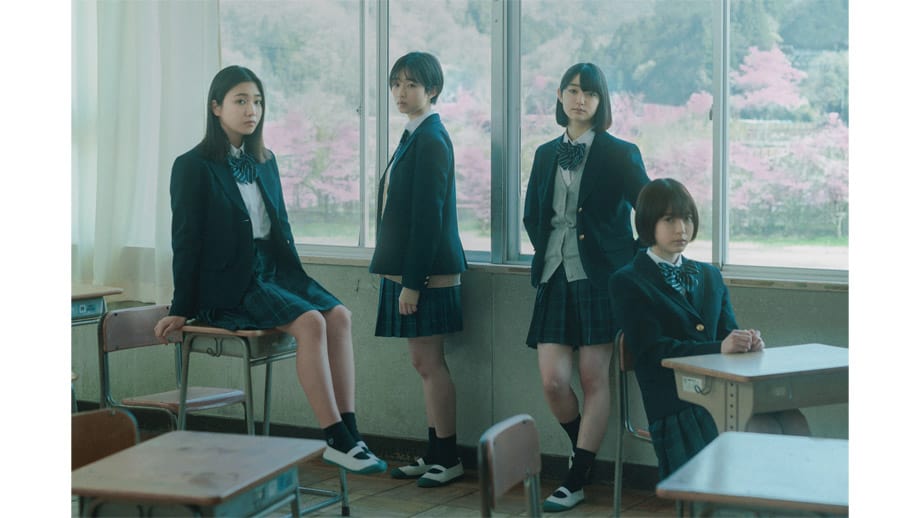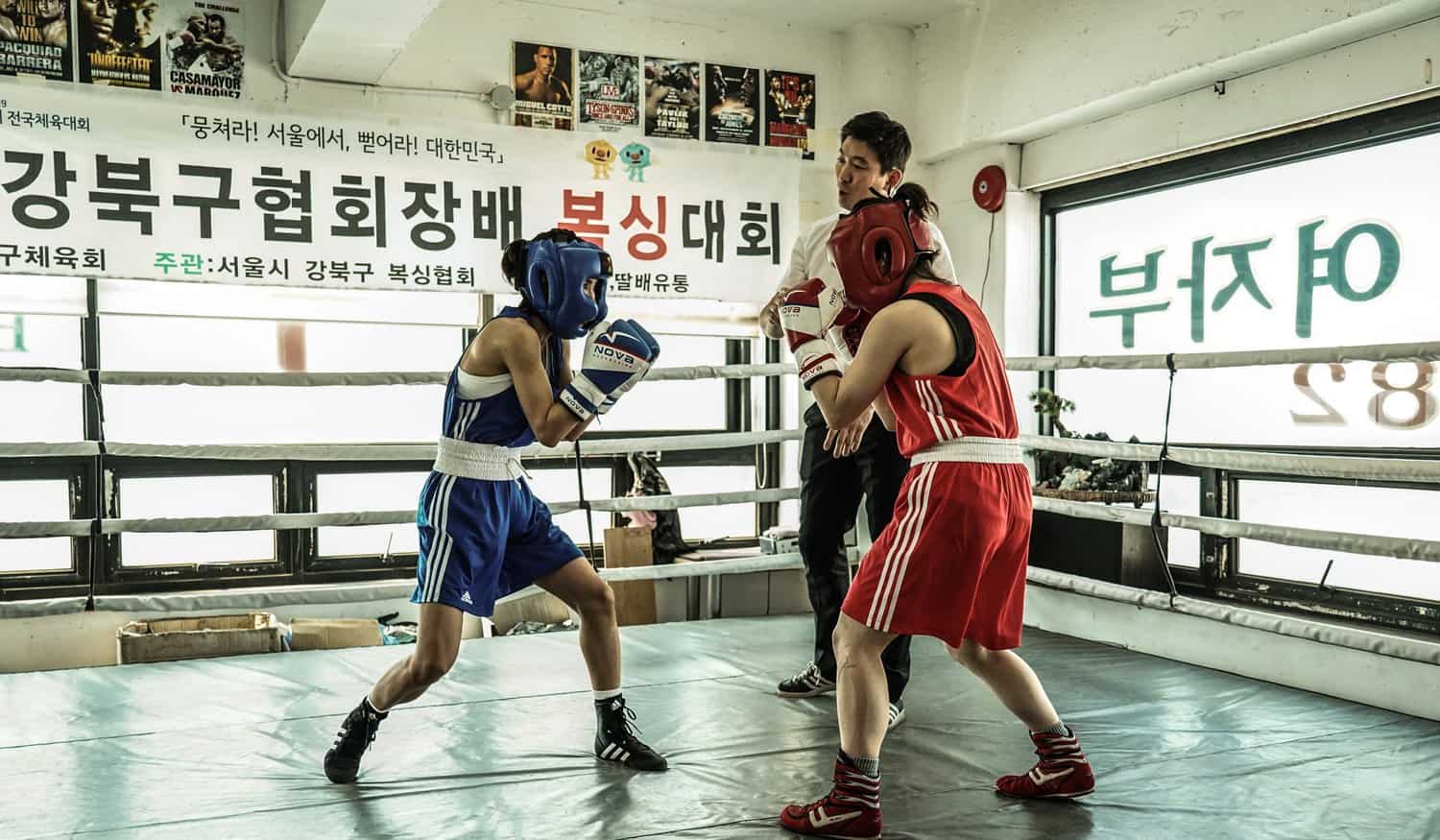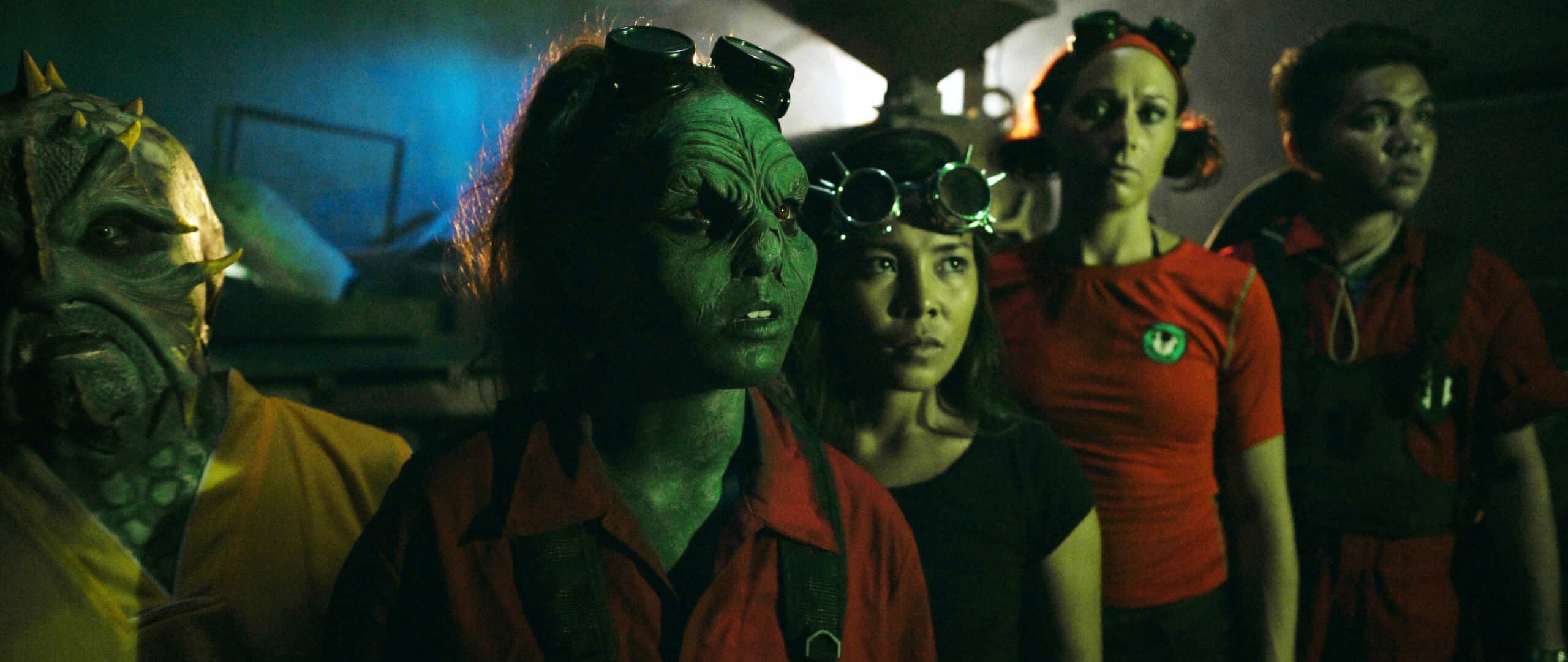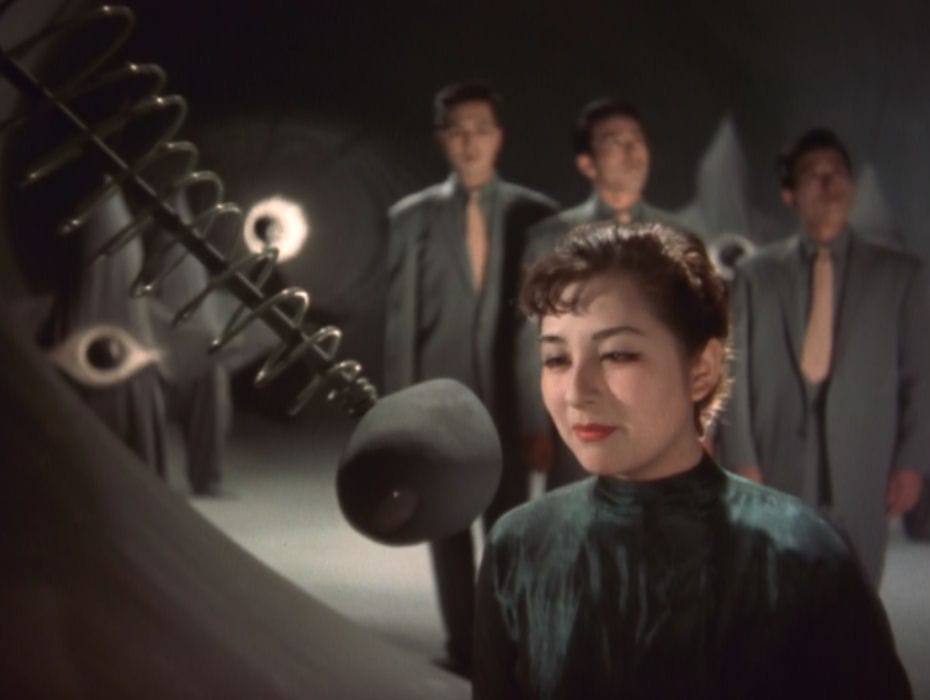When Rob Reiner's “When Harry Met Sally” came out at the end of the 1980s, it did not just tell any love story, but could (and still can) be regarded as an evaluation of topics like love, relationships, marriage and career within a modern urban setting. The protagonists lived and worked in the city, open to career opportunities on the one side while also finding their way through the maze that can be relationships, leading to the unforgettable statement about women and men not being able to maintain a friendship since sex will always get in the way. In his second feature, Korean director Jung Dae-gun follows a similar approach when telling a story about the “Generation N Four”, people of a certain generation and their understanding of the aforementioned themes, and how these have been changed with regard to the rise of social media, in particular dating apps. “Mate” is a story about two characters who try to maintain their independence and freedom when it comes to choices in life, love and work.
“Mate” is screening at Korean Independent Online Film Festival

After breaking up with his girlfriend, photographer Joon-ho (Shim Hee-sub) is not only alone again, but also finds himself broke and having to go job hunting. While he eventually manages to get a few job taking pictures of married couples, for example, he is unsuccessful when it comes to dating, and his first meeting with a girl ends up being rather embarrassing for him. However, as he starts working for a magazine on a temporary basis, he is introduced to Eun-ji (Jung Hye-sung), a reporter and the girl Joon-ho had the date with. Eventually she reveals she was researching for an article about dating apps.
Even though he gets to know about her on-and-off-relationship with the chief editor of the magazine, Eun-ji and Joon-ho become close friends and as their feelings for each other intensify, agree upon being friends with benefits. While Joon-ho originally is happy with the arrangement, the confrontation with his father, whom he has not spoken to for many years, makes him also realize his love for Eun-ji.
At its core, Jung Dae-gun's feature deals with a similar question with Reiner's film, albeit with dating apps and social media adding certain aspects. His protagonists are entrapped within the contrast of traditional values; for example, represented by Joon-ho's mother and her occasional visits to her son, and aspects of modern life, most importantly the concept of opportunity. For both of them, this leads to an inability or unwillingness to settle down, with no permanent employment and no permanent relationship. At the same time, a family means a lasting engagement, while also the disappearance of opportunities, resulting in, for instance, Joon-ho's seeming indifference when seeing married couples
Nevertheless, there is also the tendency towards self-isolation and a profound sense of loneliness. While opportunities are positive, being the “back-up plan” for someone is not enough in the long run. Ironically, the idea of having too many options to choose from, leads to an almost distressing amount of freedom or rather the pressure to decide for a path in life, especially when emotions come into place. The supposed constant nature of a relationship and the family unit is juxtaposed to the fragmentary nature of modern, urban life and social media, and combining these two different world may just be the toughest challenge.
Essentially, “Mate” touches upon these aforementioned issues, blending romantic comedy with drama. Shim Hee-sub and Jung Hye-sung as the leads have a believable chemistry, resulting in rather enjoyable scenes, some of which quite touching and some filled with entertaining banter between the two. One of the most telling ones is when their first date feels as if especially Joon-ho interrogates her, as if he was following the logic of the algorithm at the core of the dating app.
In the end, “Mate” is a rather enjoyable feature, especially due to its cast. While Jung Dae-gun certainly knows what to do with his story, his feature works quite well as mainstream cinema without adding anything new to the genre.


